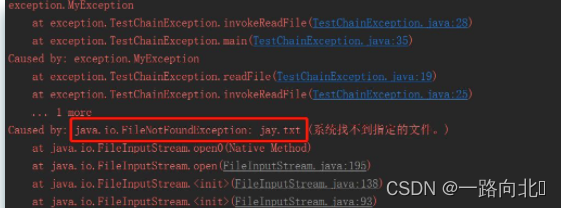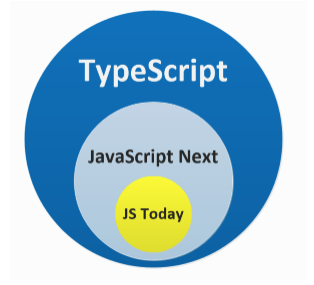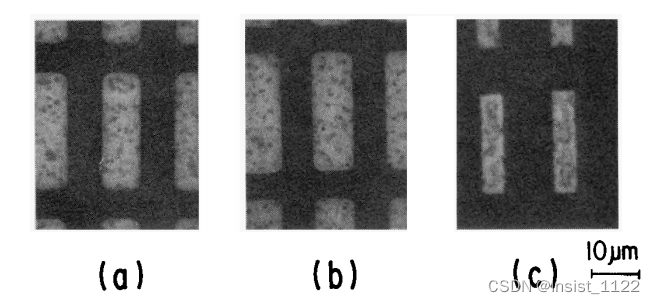再分享个比较经典的案例,在很多场景下,我们都要去监视某个文件夹下的文件变化,在创建、修改或删除的时候触发一些行为。众所周知,c#有个实现类叫FileSystemWatcher,可以用来监视目录包括子目录下文件的变化,这样就不需要不断的循环去递归扫目录,节省很大的资源开销,而且响应速度也更快。从本质上来说,无论在win还是linux上,都是通过封装系统api进行实现的,所以这个坑,其实是并非是.net封装的问题,而是一个无法绕过的问题。
先来看一个示例demo
using System;
using System.IO;
class Program
{
static void Main()
{
// 要监视的目录路径
string pathToWatch = @"C:\Path\To\Your\Directory";
// 创建一个新的 FileSystemWatcher 实例
using (FileSystemWatcher watcher = new FileSystemWatcher())
{
// 设置要监视的目录
watcher.Path = pathToWatch;
// 设置要监视的文件和目录的更改类型
watcher.NotifyFilter = NotifyFilters.LastWrite
| NotifyFilters.FileName
| NotifyFilters.DirectoryName;
//包含子目录监视
watcher.IncludeSubdirectories = true;
// 启用事件引发
watcher.EnableRaisingEvents = true;
// 添加事件处理程序
watcher.Created += OnCreated;
watcher.Deleted += OnDeleted;
watcher.Changed += OnChanged;
watcher.Renamed += OnRenamed;
// 监视状态
Console.WriteLine($"正在监视目录:{pathToWatch}");
Console.WriteLine("按任意键退出.");
Console.ReadKey();
}
}
// 文件或目录创建事件处理程序
private static void OnCreated(object sender, FileSystemEventArgs e)
{
Console.WriteLine($"新文件或目录已创建: {e.Name} - 类型: {e.ChangeType}");
}
// 文件或目录删除事件处理程序
private static void OnDeleted(object sender, FileSystemEventArgs e)
{
Console.WriteLine($"文件或目录已删除: {e.Name} - 类型: {e.ChangeType}");
}
// 文件或目录更改事件处理程序
private static void OnChanged(object sender, FileSystemEventArgs e)
{
Console.WriteLine($"文件或目录已更改: {e.Name} - 类型: {e.ChangeType}");
}
// 文件或目录重命名事件处理程序
private static void OnRenamed(object sender, RenamedEventArgs e)
{
Console.WriteLine($"文件或目录已重命名: {e.OldName} -> {e.Name} - 类型: {e.ChangeType}");
}
}
这段示例看起来没有任何问题,但实际使用的时候会发现,有些连续创建的文件,根本扫不到。
测试环境.net6 linux,比如监视AAA文件夹,然后用程序创建AAA\BBB和AAA\BBB\123.txt,会发现能监听到BBB的创建,但却没有AAA\BBB\123.txt的通知。
再来看下windows c++上的demo
#include <windows.h>
#include <stdlib.h>
#include <stdio.h>
#include <tchar.h>
void RefreshDirectory(LPTSTR);
void RefreshTree(LPTSTR);
void WatchDirectory(LPTSTR);
void _tmain(int argc, TCHAR *argv[])
{
if(argc != 2)
{
_tprintf(TEXT("Usage: %s <dir>\n"), argv[0]);
return;
}
WatchDirectory(argv[1]);
}
void WatchDirectory(LPTSTR lpDir)
{
DWORD dwWaitStatus;
HANDLE dwChangeHandles[2];
TCHAR lpDrive[4];
TCHAR lpFile[_MAX_FNAME];
TCHAR lpExt[_MAX_EXT];
_tsplitpath_s(lpDir, lpDrive, 4, NULL, 0, lpFile, _MAX_FNAME, lpExt, _MAX_EXT);
lpDrive[2] = (TCHAR)'\\';
lpDrive[3] = (TCHAR)'\0';
// Watch the directory for file creation and deletion.
dwChangeHandles[0] = FindFirstChangeNotification(
lpDir, // directory to watch
FALSE, // do not watch subtree
FILE_NOTIFY_CHANGE_FILE_NAME); // watch file name changes
if (dwChangeHandles[0] == INVALID_HANDLE_VALUE)
{
printf("\n ERROR: FindFirstChangeNotification function failed.\n");
ExitProcess(GetLastError());
}
// Watch the subtree for directory creation and deletion.
dwChangeHandles[1] = FindFirstChangeNotification(
lpDrive, // directory to watch
TRUE, // watch the subtree
FILE_NOTIFY_CHANGE_DIR_NAME); // watch dir name changes
if (dwChangeHandles[1] == INVALID_HANDLE_VALUE)
{
printf("\n ERROR: FindFirstChangeNotification function failed.\n");
ExitProcess(GetLastError());
}
// Make a final validation check on our handles.
if ((dwChangeHandles[0] == NULL) || (dwChangeHandles[1] == NULL))
{
printf("\n ERROR: Unexpected NULL from FindFirstChangeNotification.\n");
ExitProcess(GetLastError());
}
// Change notification is set. Now wait on both notification
// handles and refresh accordingly.
while (TRUE)
{
// Wait for notification.
printf("\nWaiting for notification...\n");
dwWaitStatus = WaitForMultipleObjects(2, dwChangeHandles,
FALSE, INFINITE);
switch (dwWaitStatus)
{
case WAIT_OBJECT_0:
// A file was created, renamed, or deleted in the directory.
// Refresh this directory and restart the notification.
RefreshDirectory(lpDir);
if ( FindNextChangeNotification(dwChangeHandles[0]) == FALSE )
{
printf("\n ERROR: FindNextChangeNotification function failed.\n");
ExitProcess(GetLastError());
}
break;
case WAIT_OBJECT_0 + 1:
// A directory was created, renamed, or deleted.
// Refresh the tree and restart the notification.
RefreshTree(lpDrive);
if (FindNextChangeNotification(dwChangeHandles[1]) == FALSE )
{
printf("\n ERROR: FindNextChangeNotification function failed.\n");
ExitProcess(GetLastError());
}
break;
case WAIT_TIMEOUT:
// A timeout occurred, this would happen if some value other
// than INFINITE is used in the Wait call and no changes occur.
// In a single-threaded environment you might not want an
// INFINITE wait.
printf("\nNo changes in the timeout period.\n");
break;
default:
printf("\n ERROR: Unhandled dwWaitStatus.\n");
ExitProcess(GetLastError());
break;
}
}
}
void RefreshDirectory(LPTSTR lpDir)
{
// This is where you might place code to refresh your
// directory listing, but not the subtree because it
// would not be necessary.
_tprintf(TEXT("Directory (%s) changed.\n"), lpDir);
}
void RefreshTree(LPTSTR lpDrive)
{
// This is where you might place code to refresh your
// directory listing, including the subtree.
_tprintf(TEXT("Directory tree (%s) changed.\n"), lpDrive);
}可以看到,这段代码里面,有个问题,就是文件夹中如果文件创建在RefreshTree之后,FindNextChangeNotification之前,则会漏掉。所以在dotnet上,实际上并没有使用这种方式,而是通过ReadDirectoryChangesW 去实现的,这种基于buffer的,理论不溢出,就不会出现丢失的情况。所以在windows下,只要buffer足够大,fsw是不会漏掉任何一个文件的。

那么来到linux,从源码从可以看到是基于inotify的,读下源码第一句话,就真相大白了
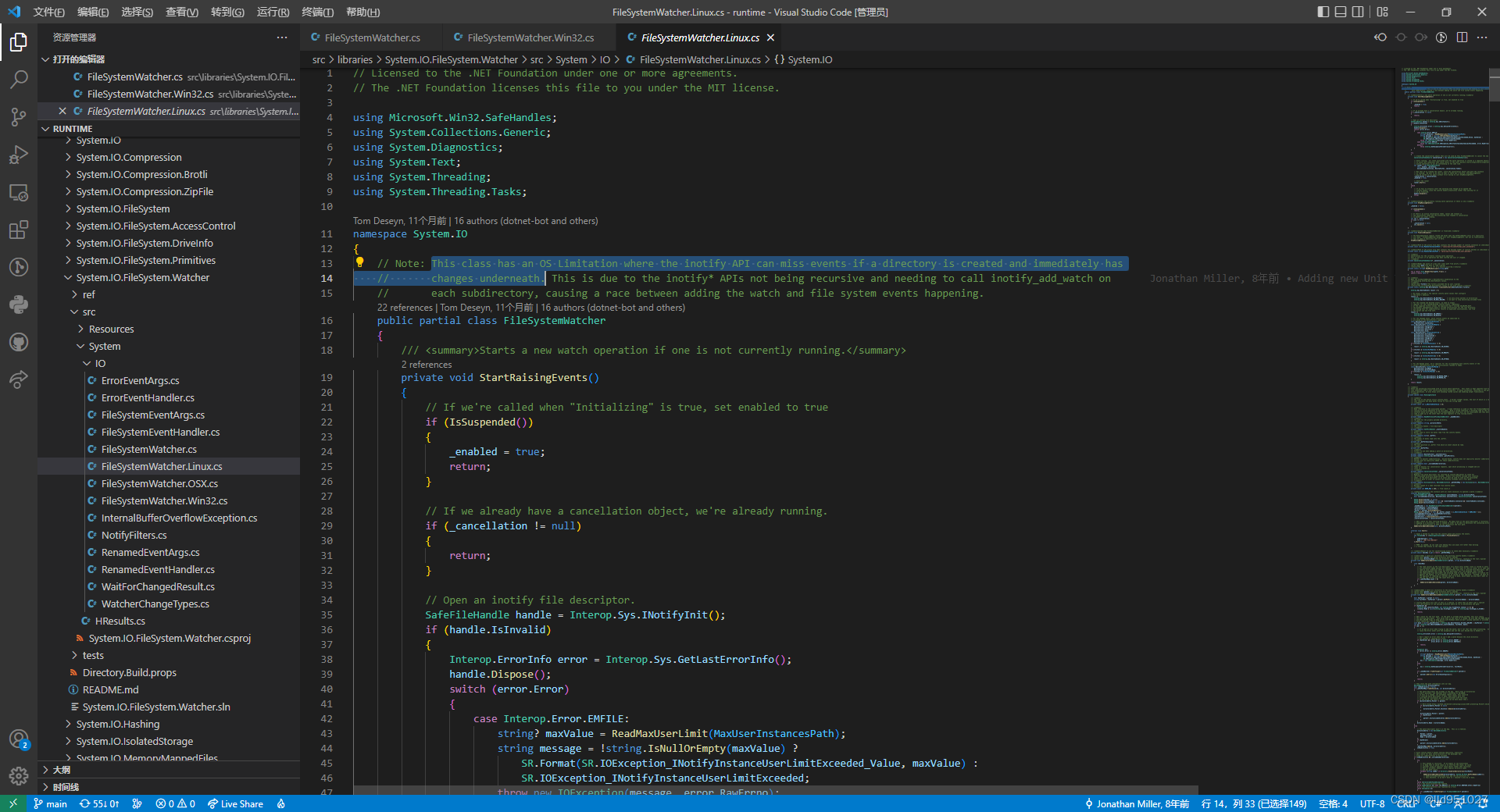
所以在linux下,我的那种场景,刚好就触发了这个问题,这种是基于inotify的缺陷,因为这玩意也没buffer,我猜测与上面c++的demo出现的问题类似。
总结一下,使用fsw千万需要小心,在win和linux上的表现是不同的,win上可以放心用,linux上可能会漏文件,需要在自己场景下特定的时间点进行检测。不然可能会触发意想不到的BUG

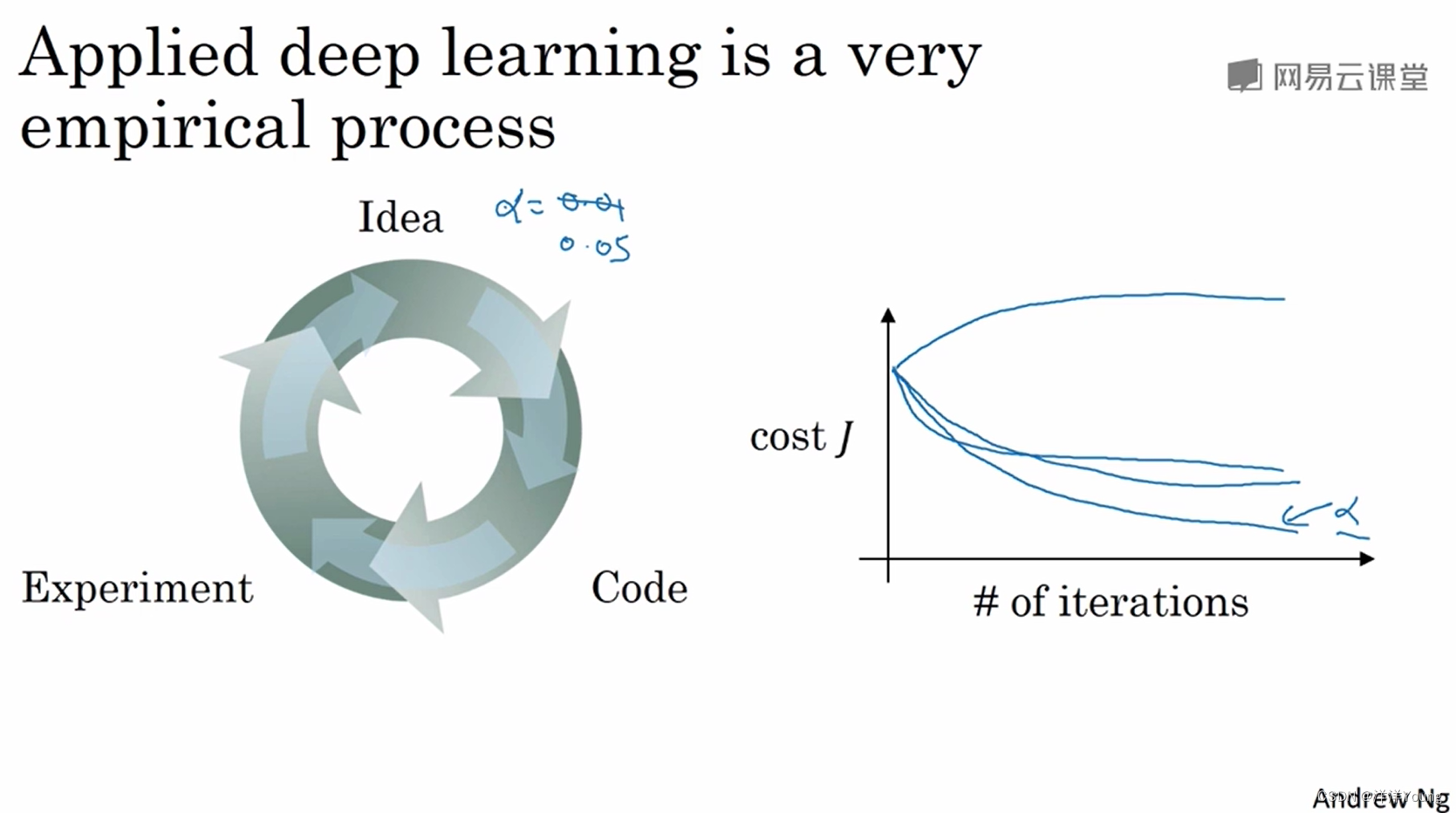
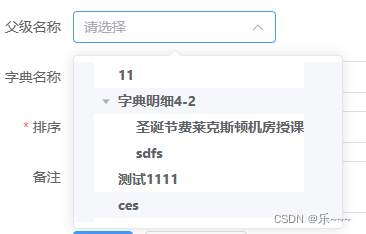




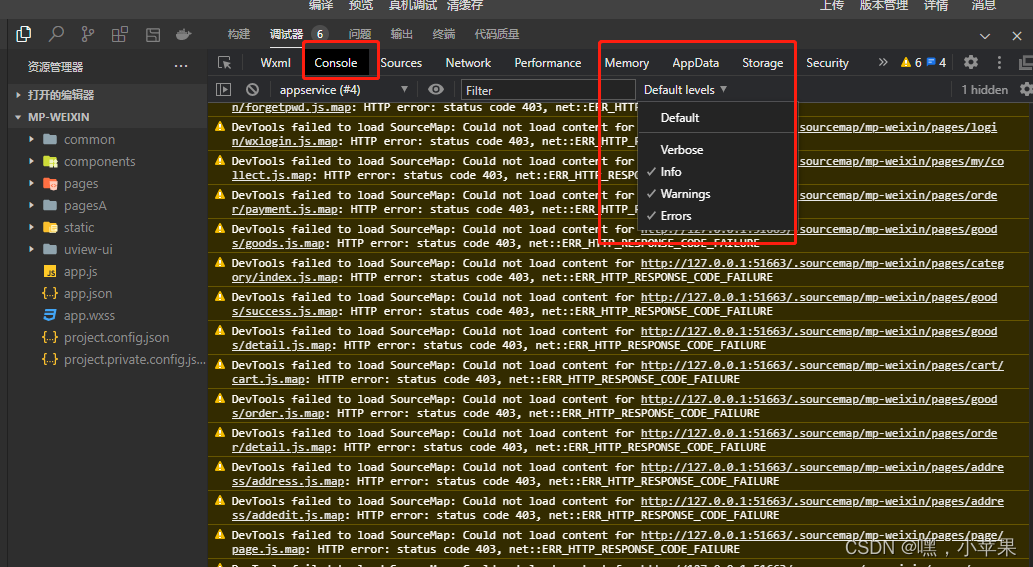


![NSS [SWPUCTF 2021 新生赛]jicao](https://img-blog.csdnimg.cn/img_convert/73ac2c56b466209824600bb1bd72597c.png)
